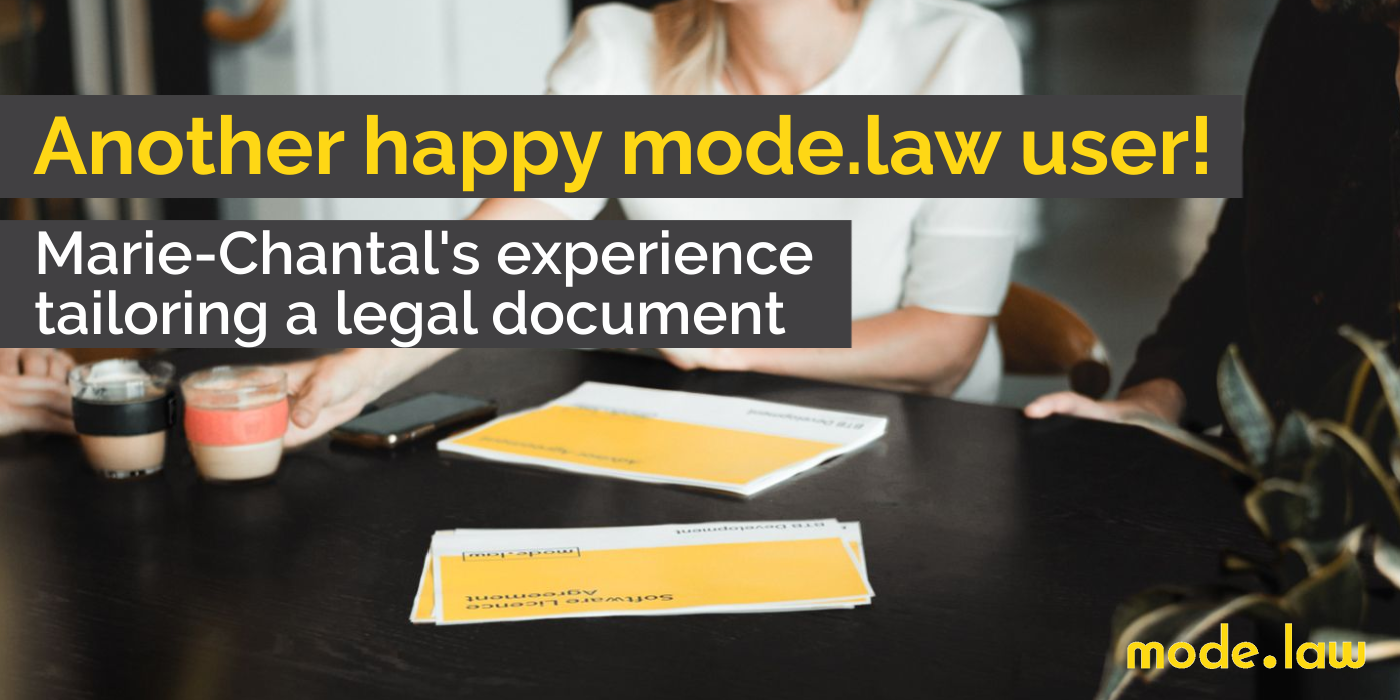Signing Legal Documents in Lockdown: Electronic Signing and Witnessing

Most people are used to signing documents on paper as common practice, and in the case of deeds, it’s always been required that they must be signed on paper and witnessed. So, what happens if the signing parties are ordered to self-isolate or work from home? Fortunately, the Commonwealth and all Australian states have made allowances for electronic signing of agreements that before the pandemic would have required a physical signature with a pen to paper.
In this month’s blog, the lawyers at Attune Legal detail the changes made to the law to make the signing and witnessing of legal documents in lockdown easier. Read on!
How has the law changed to allow electronic signatures?
Generally, most commercial agreements can be electronically signed using an online service such as HelloSign or DocuSign. This was already the case before Covid-19 under the Commonwealth’s Electronic Act 1999 (ETA). Unfortunately, the ETA was not universal because a number of laws made exceptions to it with many still requiring signatures to be signed in pen on paper. However, in response to the pandemic, all Australian states have made it easier to sign documents by temporarily suspending some of those exceptions and extending the applicability of the ETA.
What are the benefits to electronic signing?
We fully recommend trying out an electronic signing solution if you haven’t already. This virtual method has several benefits that could serve your business well in the long term which we’ve listed below.
- Speed
Instead of printing multiple copies of the same document and sending them to be signed or arranging a time for all parties to meet to sign the document in person, e-signing services simply send all parties an email requesting them to sign. Regardless of where in the world they are, the document can potentially be signed by everyone within minutes.
- Control
Due to the signing process being managed online, it allows you to receive updates on when the document has been viewed or signed, and who by. This means that you can chase up those who are yet to add their signature.
- Simplicity
Even if the person required to sign is not the most tech-savvy of individuals, it’s a pretty simple process to follow. If they’re able to check their emails, then they can sign the document. Signing via mobile phone has become especially intuitive because the signatories can simply scribble their signature on the screen.
- Reliability
In addition to the stability and security of the online signing platforms, the resulting signed document can be used to reliably identify the individuals that sign the document using multiple authentication techniques. The document has a log appended that shows the email address, IP address, time-zone and the time that each signatory views or signs the document. These work together to verify the identity of the signer and can be relied on if the validity of a signature is ever questioned in court.
If the document in question is tailored by Attune Legal via mode.law, e-signing of the document can be arranged on your behalf.
What about the witnessing of signatures?
It’s a different story for the witnessing of signatures and execution of deeds. By law, these normally require both a wet signature on paper and an in-person witness to the signature. Only a few State governments have made temporary changes to this rule and have allowed documents to be witnessed remotely via video conference technology.
Which states allow a signature to be witnessed via video conference?
At the time this blog was published, New South Wales, Victoria, Queensland and the Australian Capital Territory have all passed temporary omnibus regulations to allow the witnessing of documents via a remote audio-visual link. The other states and territories are yet to provide a solution to the issue.
How does remote witnessing work?
In those states who have adopted remote witnessing, it appears to be working as follows:
- The witness and signatory must both be on a video call together
- The audio and the visual must both be working
- The witness is required to identify the signatory and be provided with some form of identification (driver’s licence, passport etc.)
- The witness must be able to see the document as it’s signed
- The document must have specific wording added to the execution section within the document that identifies the new Covid-19 rules that apply to its witnessing and signing – these vary from state to state
If you wish to take advantage of the rule changes, we highly recommend you check the way they operate in your state. In the above, we have broadly outlined how they work but you should always confirm how you can best proceed before going ahead. You can always log onto the mode.law chat and ask one of our lawyers to clarify this with you.

